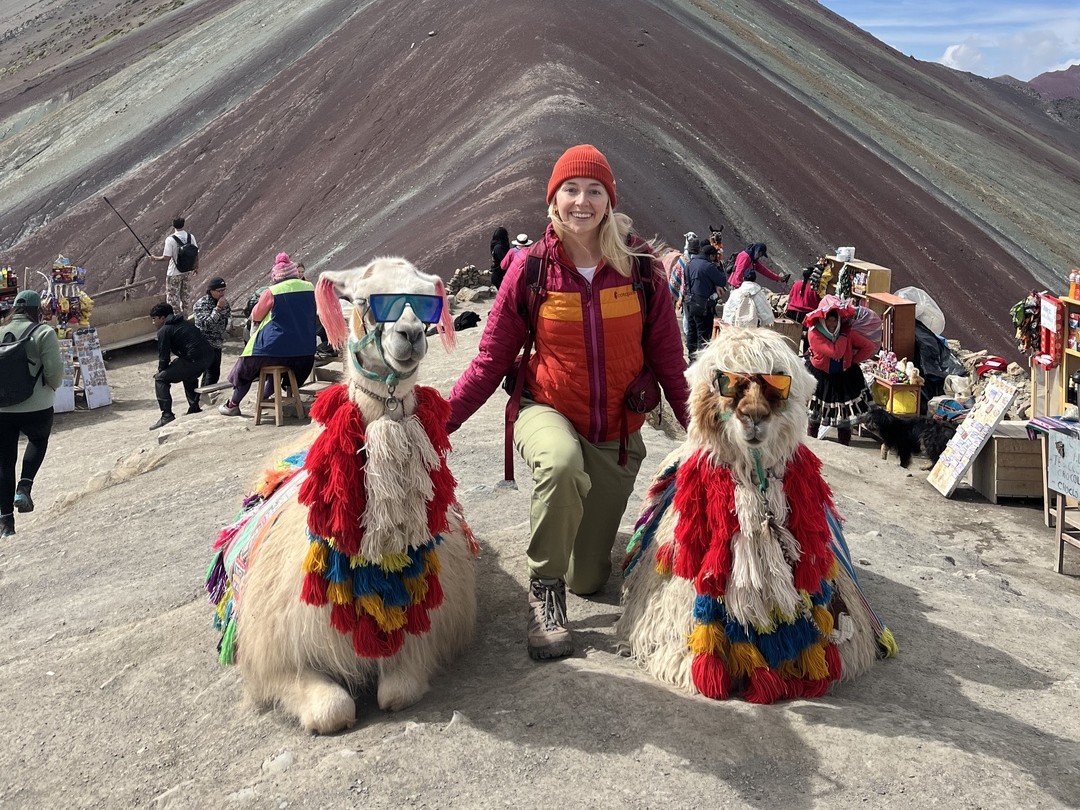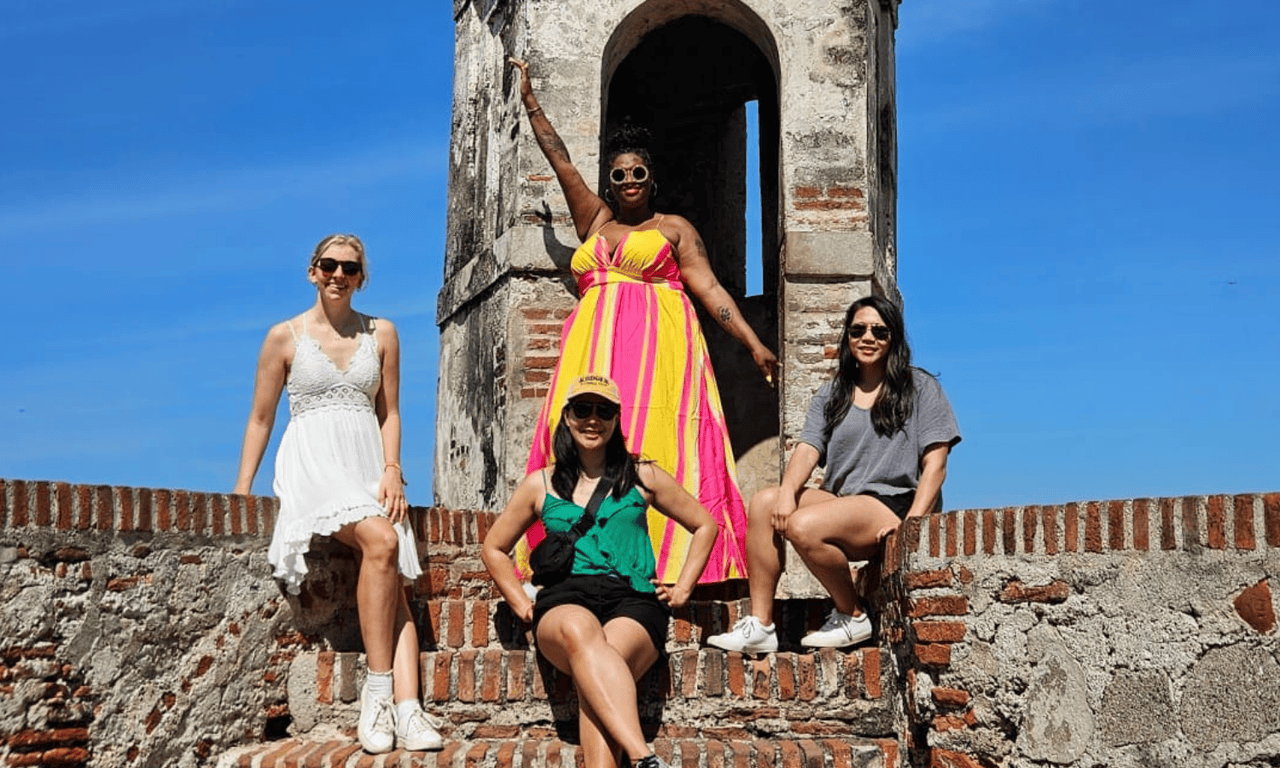The majority of the world celebrates New Year's on January 1st and follows the Gregorian Calendar with 365 days, 12 months, and even leap year. New Year's is first observed by the small island nations of Tonga, Samoa, and Kiribati followed by New Zealand, Australia, Japan, and South Korea. The last to celebrate would be the US territories of Baker Island and Howland Island but they are uninhabited.
The January 1st holiday is often marked by social gatherings, fireworks, and food & drink, but, did you know there are several cultures that also celebrate New Year's later in the year?
Here's a few ways the New Year is observed by following the lunar, solar, and other hybrid calendars.
Chinese New Year
Celebrated: January 25, 2020
Known as the Spring Festival or the Lunar New Year, it signifies the beginning of harvest season. 2020 will mark the "Year of the Rat" which is the first of the 12-year cycle of animals that appear in the Chinese zodiac. The holiday lasts for 15 days and consists of dancing dragon performances, traditional food such as "eight teasures rice", and the festival of lanterns.
.jpg)
Nowruz (Iranian/Persian New Year)
Celebrated: March 19, 2020
To celebrate the commencement of Spring, the Baha'i and Zoroastrian communities along with various ethno-linguistic groups around the world celebrate the New Year in mid-March. Trumpets ring in the new year along with colored eggs and pots of sprouting grains that signify growth, a bowl of Ash-e Reshteh noodle soup, and a good spring cleaning of course. Shopping is also a big tradition as people purchase flowers and clothing to wear for the new year.

Seollal (Korean New Year)
Celebrated: January 25, 2020
In Korea, the New Year marks a three-day holiday where families give thanks to a bountiful year past. People perform an ancient tea ceremony called "chayre" and dress up in colorful clothing called "hanbok".
Rosh Hashanah (Jewish New Year)
Celebrated: September 18-20, 2020
This two-day holiday begins on the first day of Tishrei, which is the seventh month of the ecclesiastical year. Customs include sounding the shofar (a cleaned out ram's horn), attending synagogue, and eating symbolic foods such as apples dipped in honey in hopes of evoking a sweet new year.
.jpg)
Nyepi (Balinese New Year)
Celebrated: March 25, 2020
Bali's New Year marks the first day of the lunar-based Saka calendar. Unlike most cultures that welcome the New Year with celebration, Nyepi is a day of self-reflection and rest.
Aboriginal Murador New Year
Celebrated: October 30, 2020
The Western Australian Aboriginal tribe took this time of year for friendship, reconciliation, and to give thanks for the year gone by. While the New Year isn't celebrated by many tribe's people today, there are celebrations in Australia that commemorate the culture which also lives on in artifacts and text.




.avif)


























